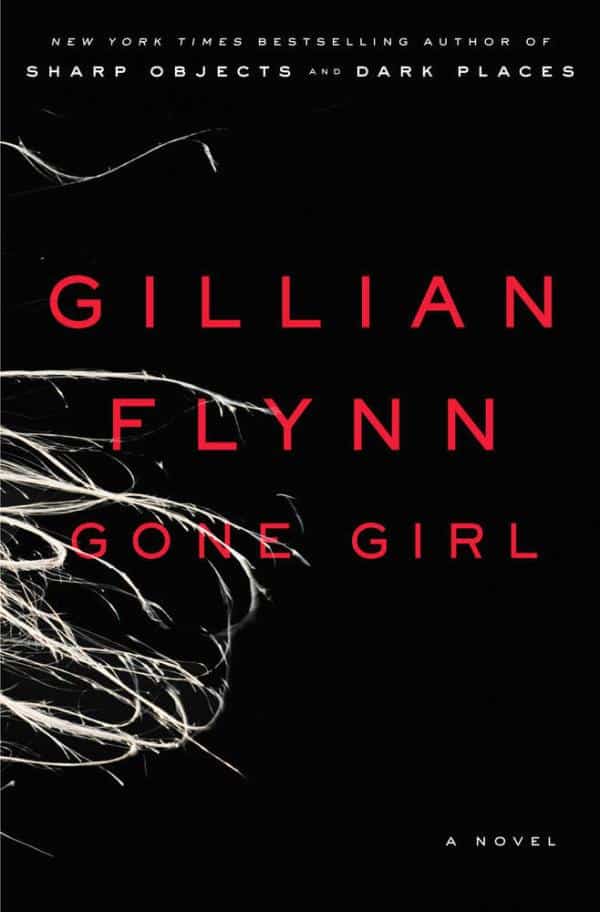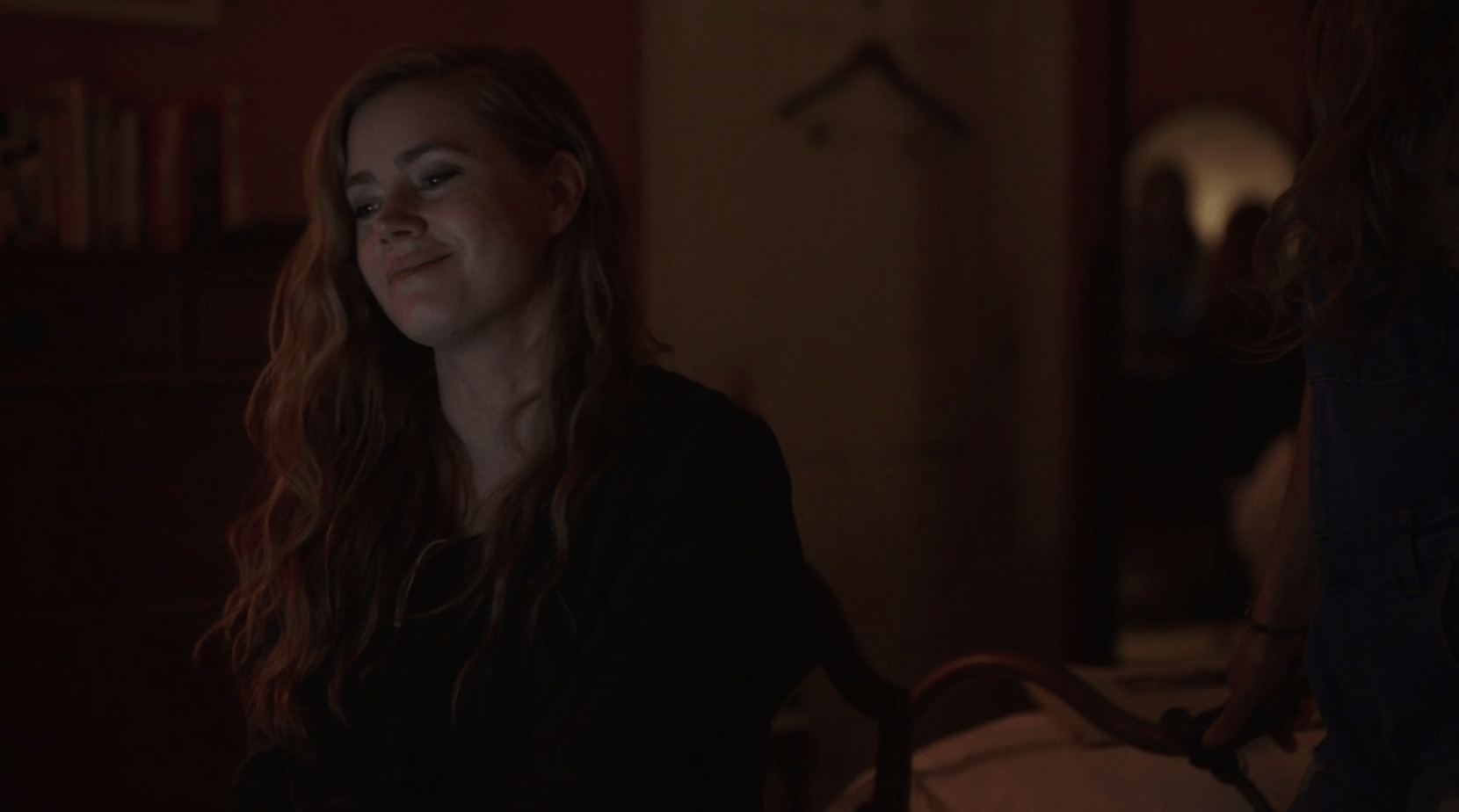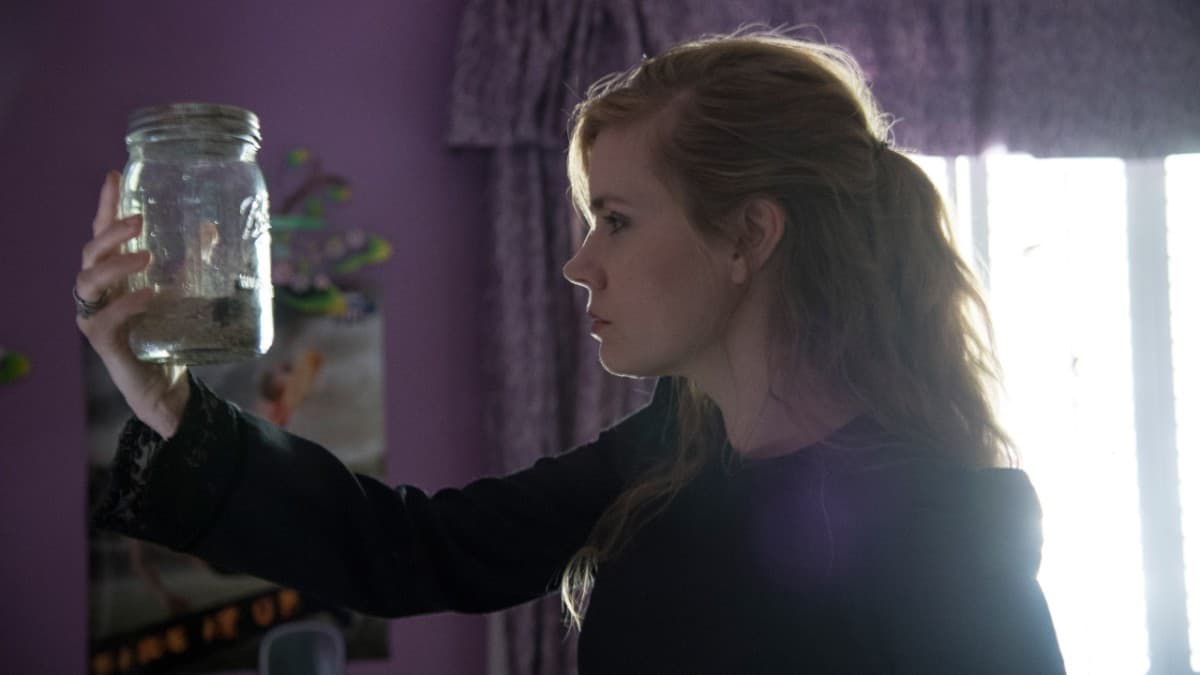
Book Review: ‘GONE GIRL’ by Gillian Flynn
By now you’ve probably seen Gillian Flynn’s shiny new novel Gone Girl on display at every bookstore, promoted at every Target, and reviewed in every magazine and newspaper. Chances are at least one of your friends has told you you just have to read this book. But given its instant popularity, you assume it will be awful, because most bestsellers are, and you wonder why people read books that are so mainstream. But listen, hipster: you’re friend is right. You really should read this book.
The premise is pretty conventional. Nick and Amy’s marriage is going through a bumpy patch. Both laid off from their high-paying New York jobs and no longer able to afford the rent, they return to Nick’s home town in rural Missouri. Unaccustomed to potluck casseroles and Walmart, Amy is left alone for much of the time as Nick manages a bar with his twin sister and teaches a journalism class at community college. On the day of their fifth anniversary, Amy disappears. From the wide-open front door and the overturned furniture, it doesn’t look like Amy left willingly. By the time the cops arrive, things aren’t looking good for Nick. Being a compulsive liar doesn’t help. Neither does Amy’s diary, which paints an unflattering portrait of her husband. And this is where the conventional part ends.
Gone Girl is smart, creepy, energetic, and nearly impossible to review without giving too much away. At times, the action can seem unbelievable – a little too convenient – but it never stalls or repeats itself. Yes, there’s a “Shyamalanian” twist midway through, but with none of the condescension. While this said twist plays an important part of the tightly wound plot, in no way does it define the book. The real triumph here is with the characters. Nick is an asshole – no spoilers there. A complex, daddy-issues, gifted asshole with so many lies he can’t keep them straight. But what about Amy, always cheerful and optimistic, with her perfect parents and dwindling trust fund. I don’t want to use the phrase “no one is who they seem,” so let’s stick with “no one is entirely/only who they seem.”
The terror that lurks in Gillian Flynn’s novels (also be sure to check out Sharp Objects and my favorite, Dark Places) is not supernatural; rather, it’s the horrifying things people do to each other and to themselves. Ms. Flynn’s books might never sit on the same shelf as Lovecraft. She may never be reviewed by Rue Morgue or reach the same audience as Clive Barker, and she may never be considered a horror writer in the conventional sense. It doesn’t matter. In my opinion, she scares with the best of them.



